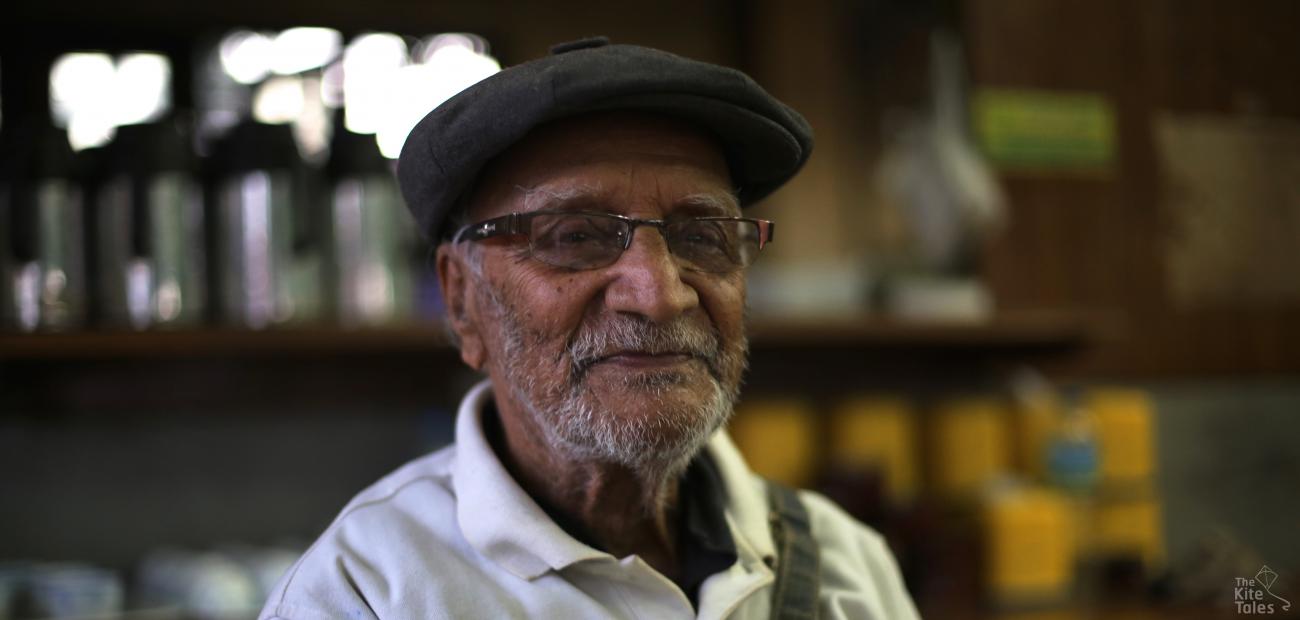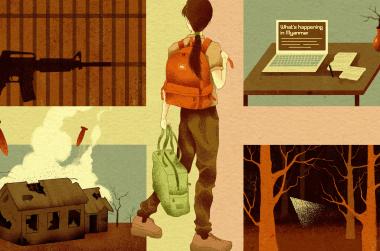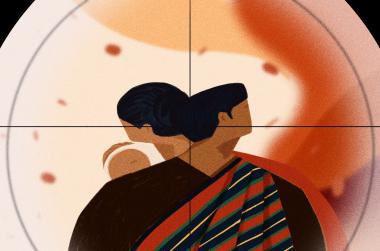Captain DR Sharma, retired, sips milk tea so sweet he is rationed to two a day, flashing a crinkled smile as memories pour forth of raging youth, adventure and war.
It was the early 1940s and the chaos of global conflict was about to arrive in Myanmar, then Burma, with the invading Japanese army. Nationalists in both Myanmar and India seized on the upheaval around the world to help stoke public animosity towards the British, highlighting stories of of abuses by the colonisers. DR Sharma, descendant of Nepalis who had come to Myanmar to fight for the British in the revered Gurkha Rifles, was a fiery young man still in school when he started to hear of political crackdowns in India that ignited a burning hatred for the colonial regime.
Even in his home town of Maymyo, the temperate hill station synonymous with Britain’s military dominance, he was able to sign up to the nationalist Indian National Army, which joined Aung San’s Burmese Independence Army in fighting alongside the Japanese as they swept across Myanmar.
When schools closed because of the war, he travelled with the Japanese troops to the swampy battlefields of Rakhine (then Arakan state). DR Sharma was one of a squad of INA recruits on a shadowy propaganda mission aimed at persuading Indians fighting with the Allies to defect.
It was the first of many battles for the soldier-turned-English teacher, who at 91 still has embers of the belly-fire that drove his rebellious youth.
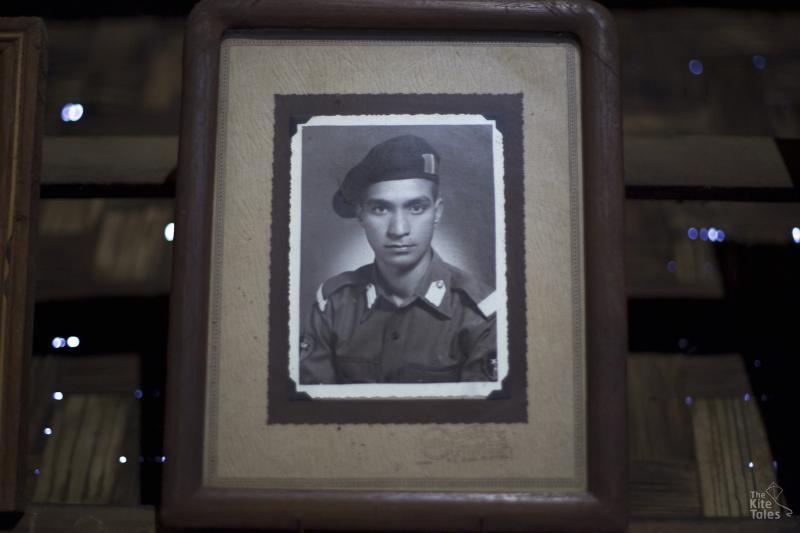
“I am very strong minded, not afraid of any hardships. I am an adventurous man. That’s why, you see, I am living a very long life.
“If I say I am 91 nobody believes me. My secret? Regular exercise, the whole of my life was spent on exercise. From childhood, I was in the boy scouts, would go hiking, football, basketball, hockey. I go everywhere walking, or on a bicycle.
“I never drove a car though because I was afraid,” he said, in a rare admission of weakness.
“I was in the army for years, but I was afraid of driving a car.”
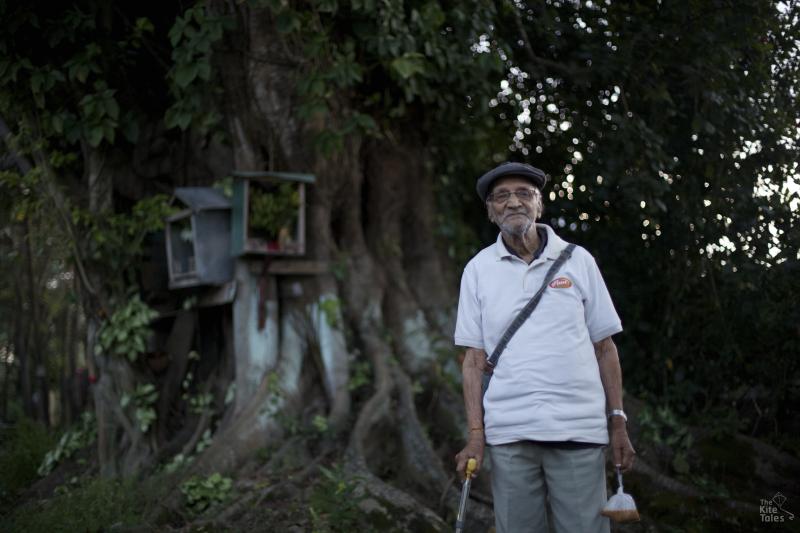
DR Sharma’s grandfather was part of an influx of people who came to Myanmar with the British colonisers. He arrived in the mid 1880s, joined the 10th Gurkha Rifles, and made a new life in the cool hills of what is now Pyin Oo Lwin. There are many descendants of Nepalis in the region and while in ethnicity-focused Myanmar they have retained the Gurkha moniker, most have put down their guns and taken up farming or business.
“My father was born here, my mum was from Burma, a Gurkha from Myitkyina. (Dad) was in the army but for a few years only. Then he was in the civil service, as a headman.
“It was beautiful here. The lake used to be called Butler Lake - it was created when the governor was called Butler - and the botanical gardens were built by Turkish prisoners.
“At school, most of the classes were run by Indians, Bengalis, Sikhs and so on. The headmasters used to be mostly Anglo Indians. We spoke only English. Every subject was taught in English.
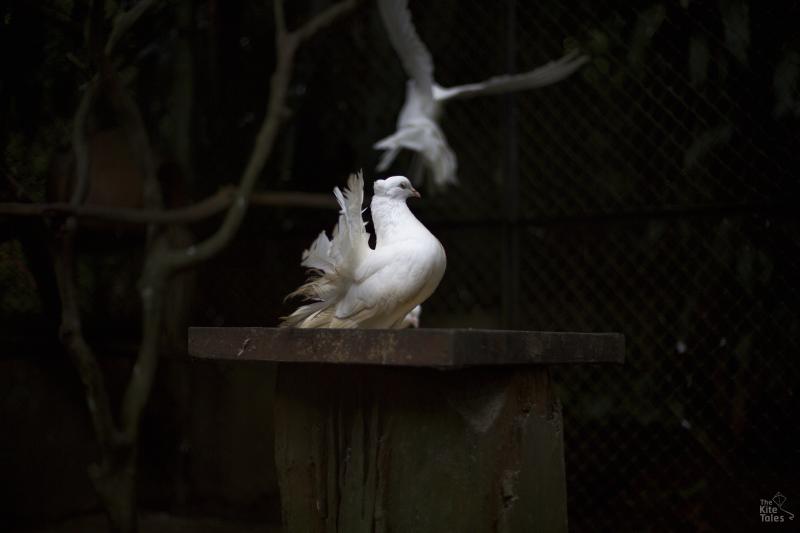
“I started hating British people. They tortured a lot of people in India. They killed a lot of people during (political) gatherings. I heard a lot of things. They arrested political leaders, I heard all those political leaders were put in jail. I became anti-English, anti-British.
“I joined the Indian National Army, the independence movement organised by Indian exile leaders.
“I saw many places I could not think of going now. I visited Arakan, Rakhine. It was a long journey. Sittwe and from there on foot and by boat to Maungdaw, Buthidaung. We were stationed in the Maungdaw area and had propaganda jobs.
“Of course I had a hard time. But I enjoyed it, I like adventures. I felt like I did something for a good cause."
In 1945 the Japanese were driven out of Myanmar by the British, helped by Aung San’s nationalists who had switched sides. The post-war years were spent piecing ordinary life back together as the country moved swiftly towards independence from British rule.
The end of the conflict pacified DR Sharma’s fighting spirit — for a while — and he returned to Maymyo to finish high school at the behest of his father. Education had been suspended during the war and the government now offered young people the chance to sit their final matriculation exams. He passed and, after some time spent idling, a sudden feeling of familial obligation prompted him to get a job at the local Divisional Engineer Telecoms Office, where he worked for five years. It was during this time that he met his future wife, JD Sharma, who was also of Nepalese descent.
“I came to know her. I think she also studied me. I am a straightforward man and at that time I had the job in the DET office, supporting my parents.”
They married when he was 23, but the urge for adventure soon saw him sign up to fight once more, this time in the official military of the newly-independent nation of Burma.
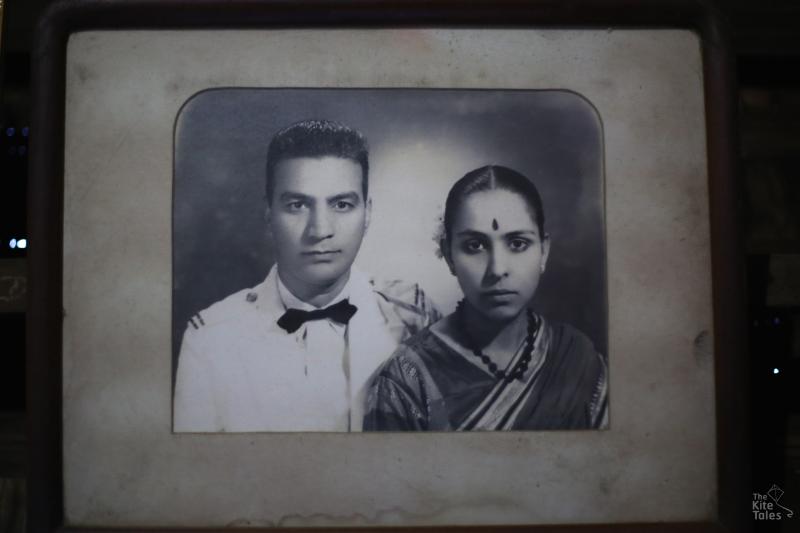
“I joined the army in 1953 because some friends told me that I could get a better chance there. I joined the officer training school. After training for ten months I got my commission. It was soon after independence and there were all the insurgents. It was not an easy life, all the time moving about.”
His unit had a mix of Myanmar ethnicities, including Chin and Kachin, and his postings took him all over the country; Monywa, Maymyo, Pyay, Bago, Rakhine, Sagaing, Kachin.

“During my life, about five or six times I escaped death.
“Once I was the company commander and I was at headquarters. We were engaged in fighting the KIA (Kachin Independence Army). There was a big rock and I was standing by the rock having my lunch. I wanted to take Nga Pi Kyaw (a dish made with fried fish paste) from the kitchen. And as soon as I left, a bullet came and hit the same spot where I was standing. It was from a sniper somewhere nearby.
“As far as possible I helped local people. We were after insurgents. Local people had to run from their homes and hide in the jungle.
“When there is war civilians suffer. See what is happening in Syria now. Those people who are leaders and kings, they are foolish people. They are fighting amongst themselves but the people are dying. If they loved their people they would all stop fighting."
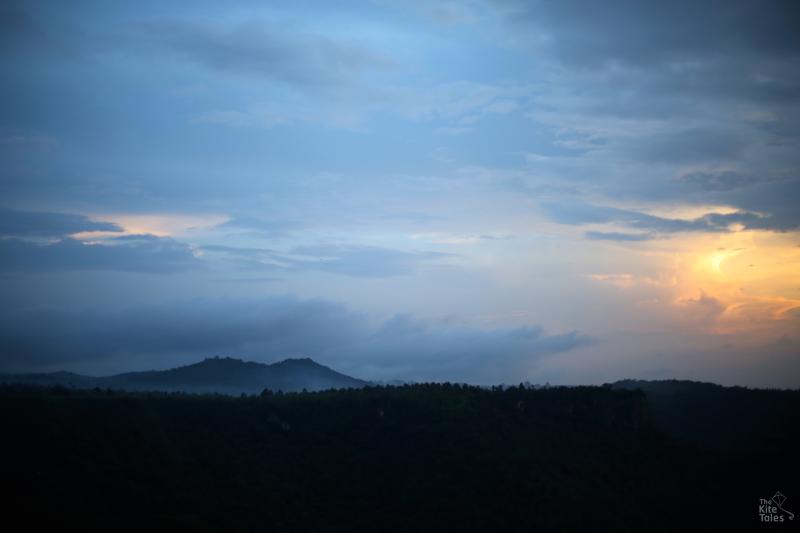
The constant moving around wore him down eventually and he bowed to the entreaties of his wife to find a profession more suited to having a family. He retired in 1967.
“I got tired. Actually my wife, she wanted me to get out for my safety. I was always on the move. In my 20 years in the army I did my work very well. I would like to have stayed but my wife worried. She wanted me to lead a family life. I was all the time out. We want to be together.
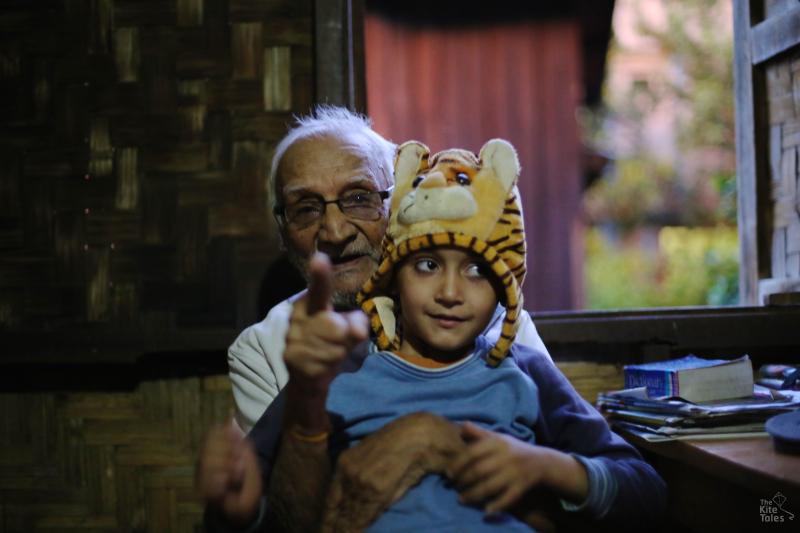
“I started giving English tuition. Spoken English. I taught the Chinese people and their children. I could have learn their language, but I didn’t want to. I didn’t want to learn their internal affairs. But now I am repenting. I could have learned Chinese and got a good job now.”
He is still active and a charismatic fixture of his favourite Pyin Oo Lwin teashop, which he visits twice a day.
“We live a simple life you know. Compared with other countries, it is peaceful here.”
(Interviewed October 2016)

